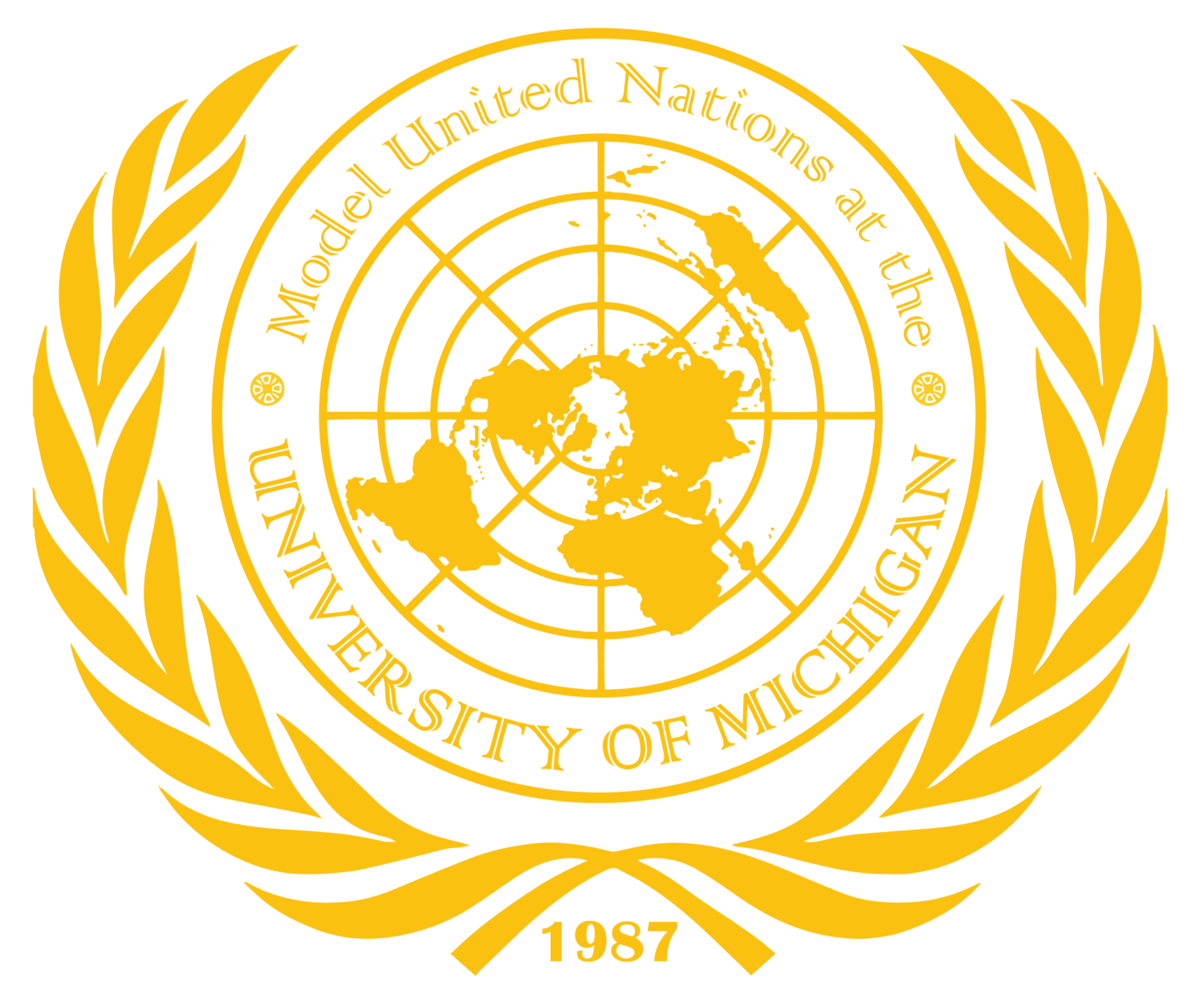By: Bella Kephart
It is an understatement that MUNUM XXXIII is a smashing success. Putting on an amazing conference like this one is no easy feat, however. It takes a lot of vision, hard work, and focus from the whole team: the Secretariat, the Under-Secretary General, Secretariat Assistants, Directors, Assistant Directors, and Rapporteurs. Here’s a little peek behind-the-scenes at the people that made it all happen.
Interrogation Questions:
Why did you choose to become a part of MUNUM Staff?
Do you have any previous Model UN experience?
What is the most stressful part of your job?
What is the most fun part of your job?
What types of people would you recommend for this job?
What is your major?
Does your phone have a gender? If so, what is it?
Victim #1: Ryan Jansen, Secretary of Programming
Meet Ryan Jansen, a sophomore double-majoring in Political Science and Philosophy with slick Warby Parker glasses. Model UN is something that has been really important to him all throughout high school, and he was excited to help provide this amazing experience to others. He would say the most stressful part of his job is making sure the conference meets their pledge goal for United World Schools, and when things unexpectedly go wrong (a general trend throughout the staff). The best part is getting to hang out with the rest of the staff. In order to do his job, Ryan doesn’t recommend any specific type of person for his job, but he does recommend that you have an honest passion and dedication for whatever you want to do. Ryan’s phone does not have a gender.
Victim #2: Sofia Urban, Secretariat Assistant
Next up we have Sofia Urban, a freshman studying Biopsychology, Neuroscience, and Cognition. Sofia has been participating in Model UN since her freshman year in high school, and she loved having the opportunity to empower students and talk about real issues. The most stressful part of her job is its ambiguous nature, and having to fill in wherever she’s needed and think on her toes. With that being said, her favorite part of her job is filling in for rapporteurs in various committees. In order to be a good Secretariat Assistant, Sofia recommends being flexible, focused, and task-oriented, as well as conscious of the big picture. Sofia’s phone is a female, and is her soul sister.
Victim #3: Charles Rinderle, Under-Secretary General of Crisis
Although I’m convinced that Charles is secretly CIA, he claims to be an ordinary junior studying Russian and Romance Language & Literature, with a minor in Ukrainian. He joined Model UN as a freshman in high school, and has also participated on the Model UN travel team. He sometimes gets stressed out by all the random crises he has to deal with, but loves having a hand in every pot and getting to be a crisis actor for all of the crisis committees. His phone does not have a gender.
Victim #4: Kelly Higgins, Director of International Press Corps
Everyone, meet my boss lady, Kelly. Kelly is a junior studying Political Science and Environment. Kelly also participated in Model UN all throughout high school, and when she got to college it was the first club she wanted to join. The most stressful part of her job was the first day of the committee. “I felt like I had no idea what I was doing, and I wanted to be respected but also approachable,” she explained. Her favorite part was getting to know all of the delegates and the staff. This staff LOVES people. In order to be a director, Kelly recommends having charisma, crisis management abilities, and leadership and (some) organizational skills. Kelly’s phone does not have a gender, but her car is a female named Rachel Green.
Victim #5: Hannah Kuriakose, Assistant Director of International Press Corps
Introducing Hannah, a junior studying International Studies, Environment, and Writing. Hannah joined Model UN when her and her friend were looking for a club that pertained to international affairs. She was most stressed during the first day of conference when delegates were churning out articles and she had to edit quickly. However, she absolutely loved getting to meet everyone and watching each edition of The Working Paper come together. Her phone also does not have a gender, but her car does.
Victim #6: Delaney Dahlstrom, Rapporteur for International Press Corps
Lastly, we have Delaney, a junior studying English. Delaney was first pulled into the Model UN vortex when her friend Grace recommended it, saying how her writing background would be a perfect fit in IPC. Her biggest worry was making sure the MUNUM conference was a good balance between a learning experience and a good time for delegates. She loved getting to know everyone. In order to be a good rapporteur, Delaney recommends having fast and efficient editing skills, good communication skills (especially with young adults) and the ability to work well as a group. Delaney’s phone is a boy.
Thank you to ALL of the MUNUM XXXIII staff for making this conference possible. All of you are amazing, intelligent human beings and all of the delegates are so grateful for all the work you have put in. We appreciate you!
